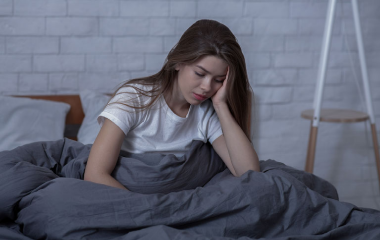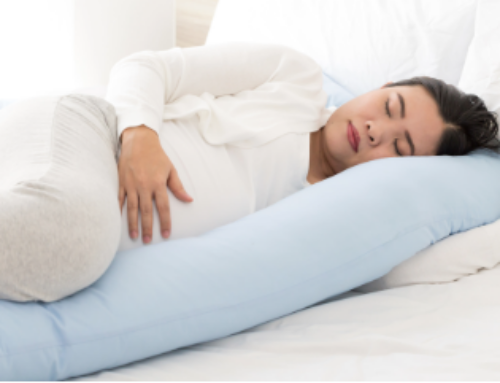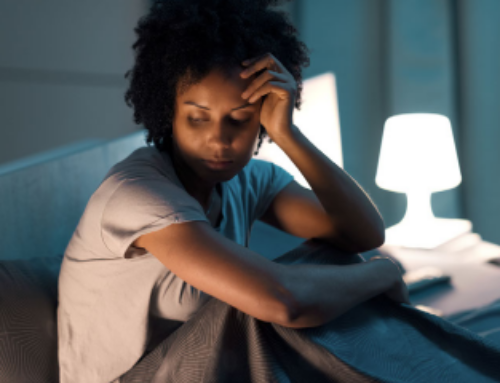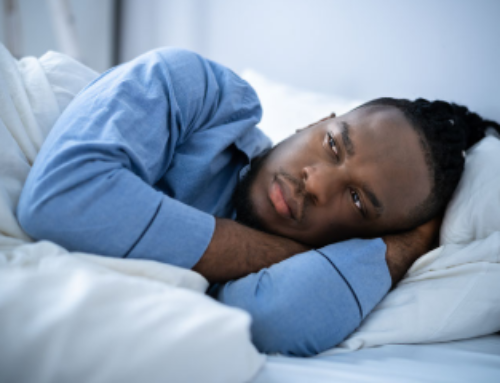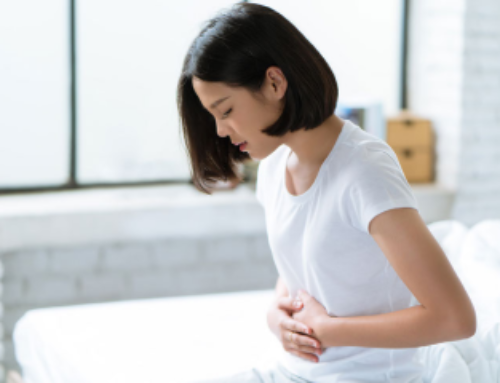Fewer hours of daylight and colder temperatures can impact your mood and your health. While many people feel less energetic in the winter, seasonal affective disorder (SAD) is more than the “winter blues.” It affects your day-to-day life and your sleep.
What is seasonal affective disorder?
SAD is a type of depression that occurs at the same time each year. Often beginning in late fall or early winter, SAD is treatable and usually resolves within a few months.
How do know if you have SAD? The symptoms are like those of depression. Many people experience sadness, hopelessness, a loss of interest in activities, fatigue, and social withdrawal.
More than 10 million people in the U.S. may have seasonal depression, and it’s more common in women, young people, and those who live far from the equator. Shorter days and fewer hours of sunlight may cause a hormonal imbalance that makes you feel depressed.
How does SAD affect sleep?
If you have SAD, you may experience sleep problems. People with SAD often feel excessively sleepy during the day and sleep longer than usual at night. According to research, people with SAD sleep two hours longer or more per night in the winter compared with the summer.
You may have difficulty waking from a long sleep or feel the need to nap repeatedly throughout the day. Napping may not provide relief from feeling sleepy, though.
Also, nightmares are common among people with SAD. One study found that 16% of participants with SAD had frequent nightmares compared with 2.4% of participants without SAD.
Healthy sleep is essential to your overall health. It helps you balance your mood and emotions. Without healthy sleep, you’re more likely to struggle with feelings of depression and anxiety.
How to combat SAD
Although SAD usually resolves within a few months when the seasons change, there are treatment options available. The most common treatment is light therapy. During light therapy, a bright artificial light mimics sunshine exposure that’s missing during winter months. Research shows that daily light therapy may reduce depressive symptoms as much as 83% after one month.
Added attention to self-care also may help. Going outdoors, getting regular exercise, eating energy-boosting foods, and engaging in social interactions may reduce symptoms.
Establishing healthy sleep habits can help if you have difficulty sleeping as a result of seasonal depression. Adjusting your daily behaviors and routines can impact your quality of sleep. Follow these sleep hygiene tips to improve your ability to fall asleep and stay asleep.
If light therapy and self-care don’t resolve your symptoms, cognitive behavioral therapy or use of antidepressant medications are also treatment options.
If you continue to experience poor sleep along with symptoms of depression, seek help from your health care provider.
Medical review by Lawrence Epstein, MD
Authored by:
Kate Robards

